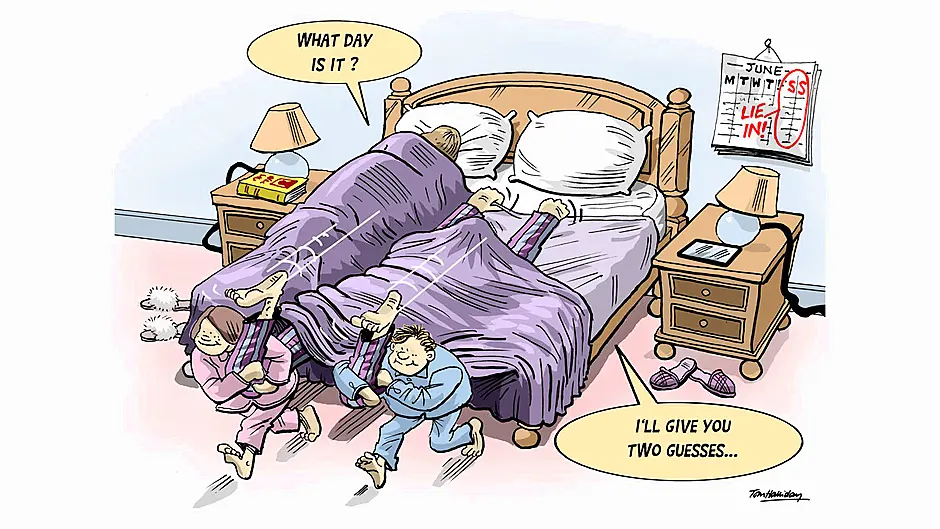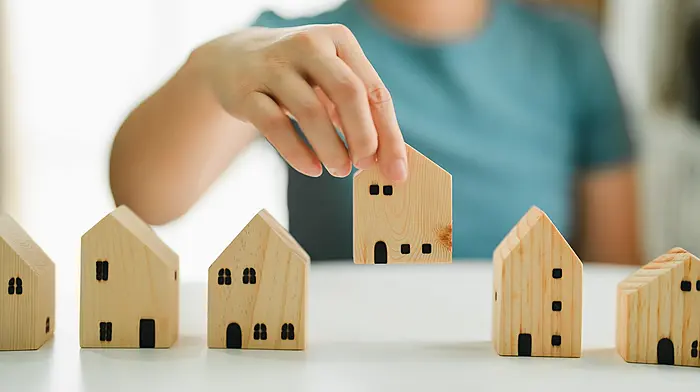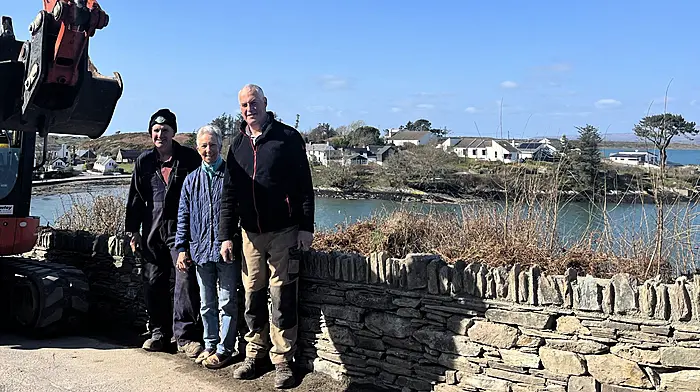
I HAVE discovered a thing called ‘weekend radar’ in my young children. I don’t know if you’re aware of the phenomenon.
It is the seemingly innate, instinctive gift whereby young children wake wide-eyed and bushy-tailed on a Saturday and Sunday morning having spent every weekday morning so sound asleep that a nuclear bomb during an AC/DC concert would not rouse them from their slumber.
And so every Saturday, I end up being dragged from the bed at 7am like Robinson Crusoe being dragged comatose up the beach of this desert island by the angry sea.
It doesn’t matter how many tricks you pull, either. You can try lying to them about the days of the week. You can try leaving them up till all hours listening to reggae in the hope they’ll sleep in the following morning.
It’s pointless.
But they seem to ‘just know’ it’s Saturday morning and there’s fun to be had just like animals instinctively know a storm is coming or my wife instinctively knows I forgot to put the bins out.
It’s just one of the laws of nature.
And you wouldn’t blame them. The weekends have become sacrosanct places in our culture, a time for festivals, leisure, play dates, sporting occasions and staycations to beat the band.
So everyone was rightfully delighted this week when it emerged that Ireland is among a number of countries taking part in a worldwide initiative trialling a four-day week with no loss of pay. One whole extra day! The possibilities!
Of course, we have a Ballinascarthy man to thank for the existence of the five-day-week as we’ve come to know it. The legendary car maker Henry Ford made Saturday and Sunday ‘days off’ for his staff in 1926, establishing a 40-hour limit to the working week.
Although his move looks entirely altruistic, being a Bal man he was also a crafty fella, because the extra leisure time gave his workers the opportunity to spend their downtime buying consumer products, including his cars.
There were no flies on that lad.
Different cultures have tried different versions of the working week throughout the ages. Ancient Egyptians had a 10-day week, the Romans operated an eight-day week, and the Soviet Union used a staggered five-day week so there were people working all the time to keep the machines ticking non-stop. Which sounds exhausting.
So now, especially in the wake of Covid, where we all started to gain more of an appreciation for a decent work-life balance, and wanted to prioritise the hobbies we began to pursue outside the office during lockdown, the movement for a four-day-week is growing.
If people can get the same work done in four days and have more quality time for family life and life in general outside, it would seem a noble aim.
But noble aims are one thing, and the cold hard reality is another.
Personally, we had the opportunity to trial a four-day-week in our own company and, although it served us for a time, we have since had to revert to five because we found ourselves having to generally work Fridays with deadlines slipping and work piling up.
Of course, this will be different for every person, and for every organisation.
What we have found is that having more flexibility in general, around childcare in particular, where you can knock off a little earlier if the need arises, is more valuable than having one fixed day less per week. That is certainly something we won’t be giving up any time soon.
But I think we all can agree that more flexibility is key in a modern workforce.
The promise of technology has long been that it would free us up to do the things we work so hard to be able to enjoy.
And although the robots won’t free us from the shackles of the work week completely any time soon, it’s fair to say that the weekend might just start to get a bit longer as time moves on and climate change forces us to rethink our obsession with economic growth and productivity for productivity’s sake.
One thing’s a fact, though, whatever days we decide will constitute the weekend in future, I’m sure the kids will know all about it before we do.
Danish drama and design
IN our house, we’ve been glued to Season 4 of Borgen on Netflix all week. For those of you who haven’t dived in yet, it’s a Danish political drama centred around fictional politician Birgitte Nyborg. I like to think of it as a centrist European West Wing, featuring intense political melodrama, incredible storytelling and some fabulous Scandinavian kitchens. You go there for the Scandi-drama but sometimes I wonder if all I’m there for is the solid oak panelling and minimalist design. For fans of political intrigue and great drama, I’d highly recommend it.







